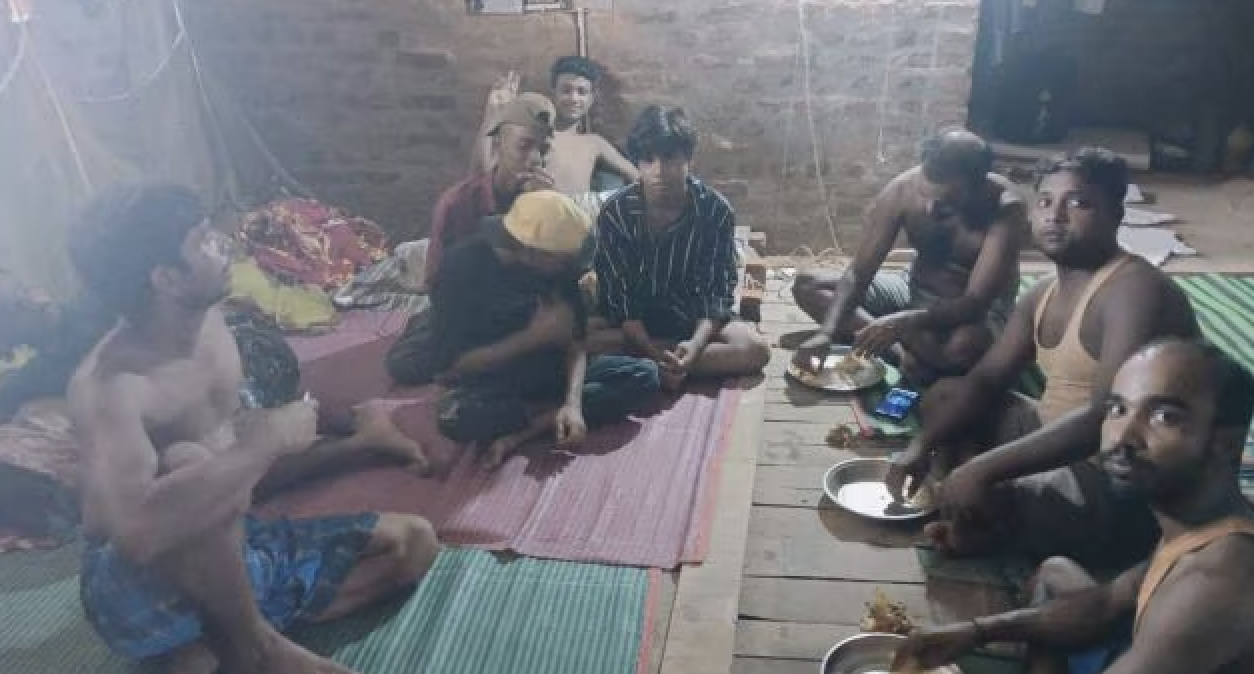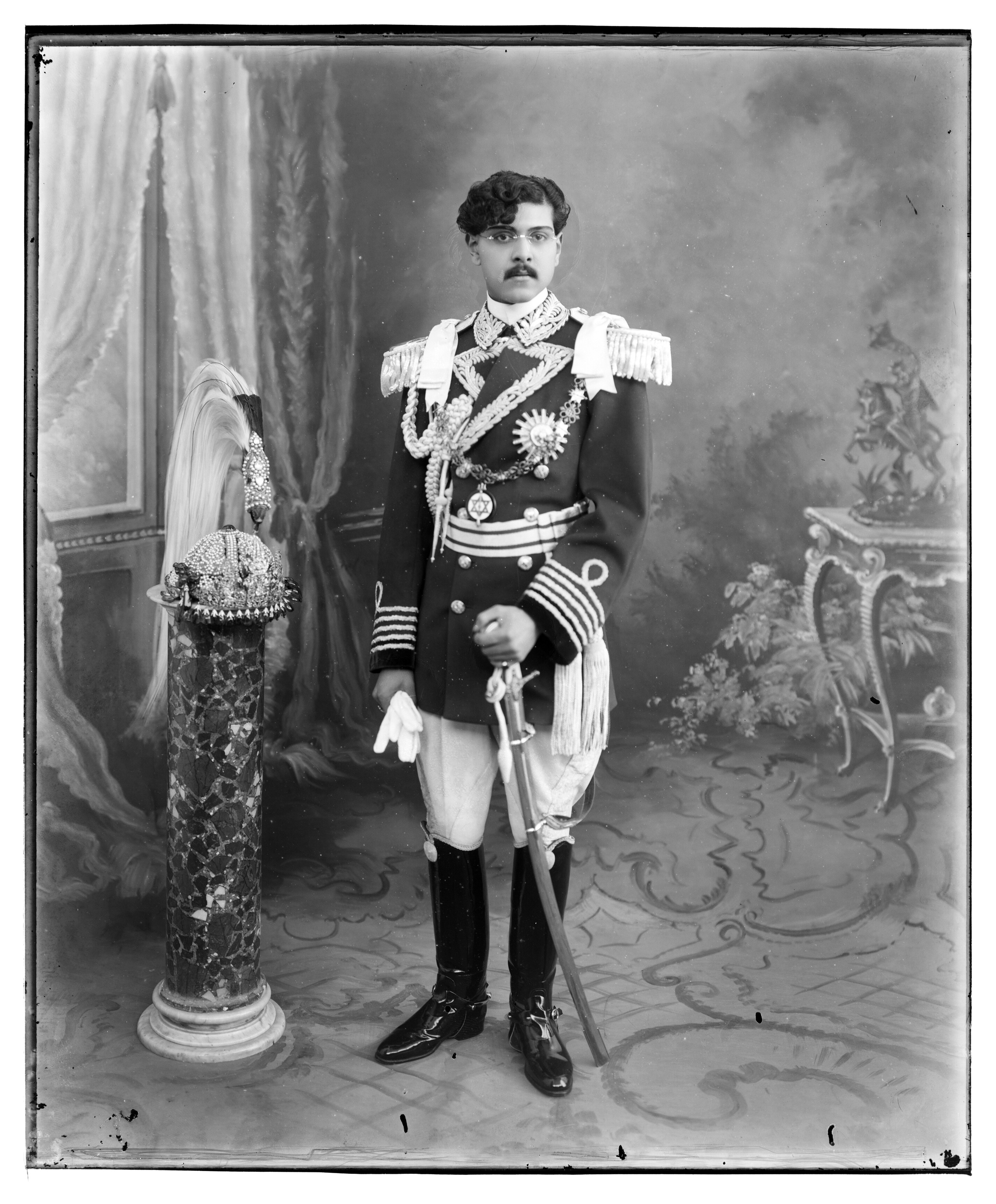
ByAtonu Choudhurri
Bongaon South is one of 68 assembly constituencies in Bengal that are reserved for the Scheduled Castes. The majority of the voters are Matua Namasudra Dalits who trace their ancestry to what was once East Bengal. Most came over during Partition and after the formation of Bangladesh, fleeing religious persecution. There is no official data, but they are estimated to number nearly one crore across the state. Many aren’t citizens yet, so the BJP is doling out the promise of citizenship to win them over.
The Hindutva party has fielded Swapan Majumder, an associate of BJP MP and All India Matua Mahasangha president Shantanu Thakur, to take on Alo Rani Sarkar of the Trinamool Congress. Sarkar is a BJP turncoat.
In 2016, Trinamool’s Surajit Kumar Biswas, who was denied a ticket this time, had defeated Ramendranath Audhya of the CPIM by about 27,000 votes. Majumder had finished third, getting fewer votes than the margin of victory. In the 2019 parliamentary election, however, the BJP drew considerable support among the Matuas, leading to Thakur winning by over 1,11,000 votes against his Trinamool rival.
And Thakur’s influence is what Majumder is banking on. That and the fact he’s a Matua, unlike Sarkar, 52, who is a non-Matua from neighbouring Bijpur and is, thus, seen as an “outsider” in Bongaon South.
For many of the Matua voters, citizenship is the primary issue. As Jamuna Pandey, 52, a housewife in Chaitapara, said, “Mamata Banerjee sought votes from us with the promise of taking up our citizenship demand with the central government. We voted for her candidate in 2016, but we are still not citizens. BJP promised us citizenship and, going by Narendra Modi’s intent, we are hopeful of seeing our cherished wish fulfilled this time around.”
Her college-going daughter, Rumpa, added, “Since my childhood I’ve been hearing that we are Bangladeshis. We aren’t infiltrators. Our forefathers were forced to leave Bangladesh because of religious persecution.”
Soumen Sarkar, 38, in Kalupur, echoes the sentiment, saying he can’t understand the justification for the denial of citizenship.
“We are refugees who are denied even basic rights. We can’t avail benefits of government schemes because we can’t show citizenship credentials. It really hurts us,” he said.
Anjana Biswas, 40, of Chaitapara, said, “There is a feeling of insecurity among us. We voted for Trinamool in 2016 in the hope that Didi will provide good governance, but nothing really happened. Our most urgent need now is citizenship. We have been assured by the BJP candidate that once the party comes to power our demand will be fulfilled.”
Given such voter sentiments, it is no surprise that both Majumder and Sarkar have made refugee rehabilitation and citizenship their primary campaign planks.
“Don’t be fooled by BJP’s false promises. What has BJP done for Matuas and Namasudras? Keep faith in Didi for your welfare,” Sarkar told a recent rally at Kalupur.
Majumder, on the other hand, has been highlighting his Bangladeshi origin on the campaign trail. “I’m the son of a refugee and I understand your plight well. How can an outsider understand your pain?” he told a public rally at Chaitapara, referring to his Trinamool rival. “My forefathers were tortured so they fled Bangladesh and settled in Bongaon. But I am still living the ignominious life of a non-citizen. After the BJP comes to power, our cherished demands of citizenship will be fulfilled.”
Not all Matuas are convinced by the BJP’s pitch, however. At Kalupur market, some 3 km from Chaitapara, tea seller Kalpana Majumder, 55, said she won’t mind voting for the Trinamool Congress again. “Didi is sympathetic to our demands,” she argued, “so half the Matua votes will go to Trinamool.”
There are also Matua voters who don’t have a preference as such. “For us it doesn’t matter who wins,” Jatan Roy, a lottery ticket seller near the tea shop, said. “All we want is citizenship, at any cost.”
This story first appeared on newslaundry.com






